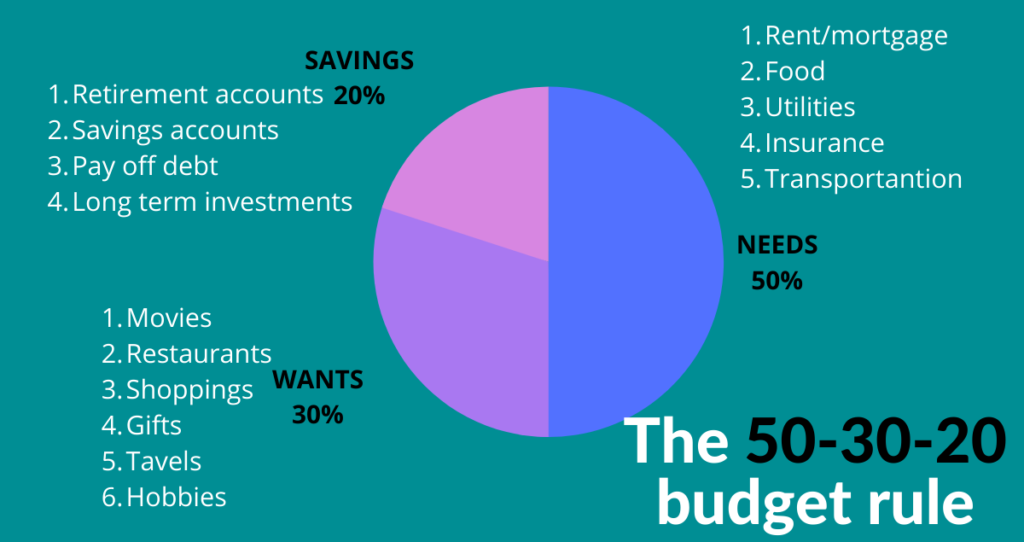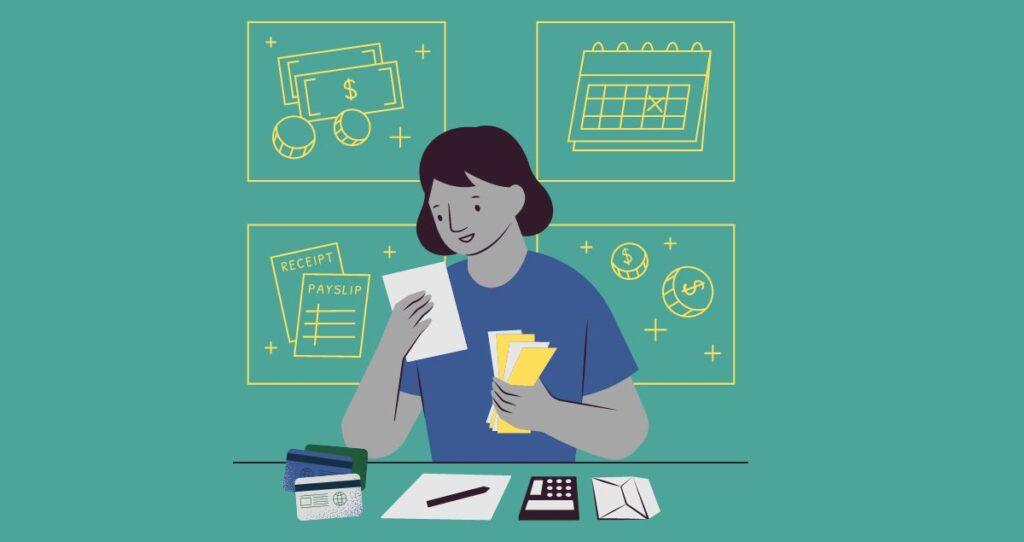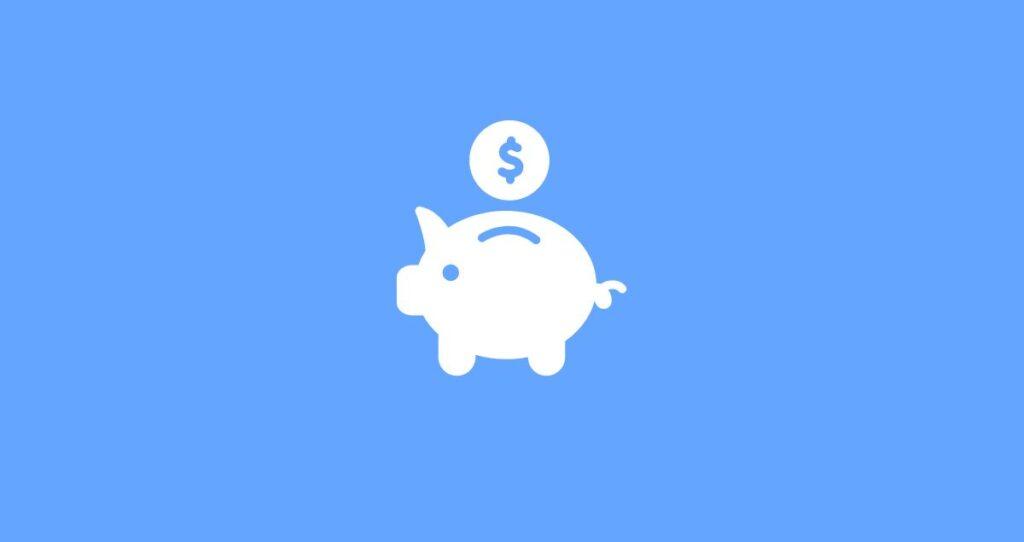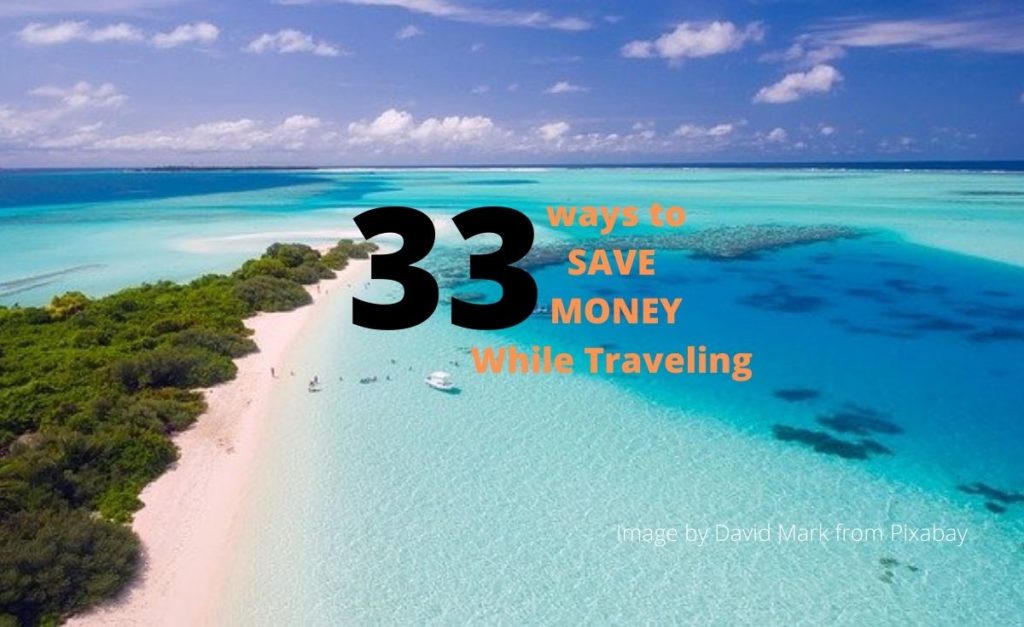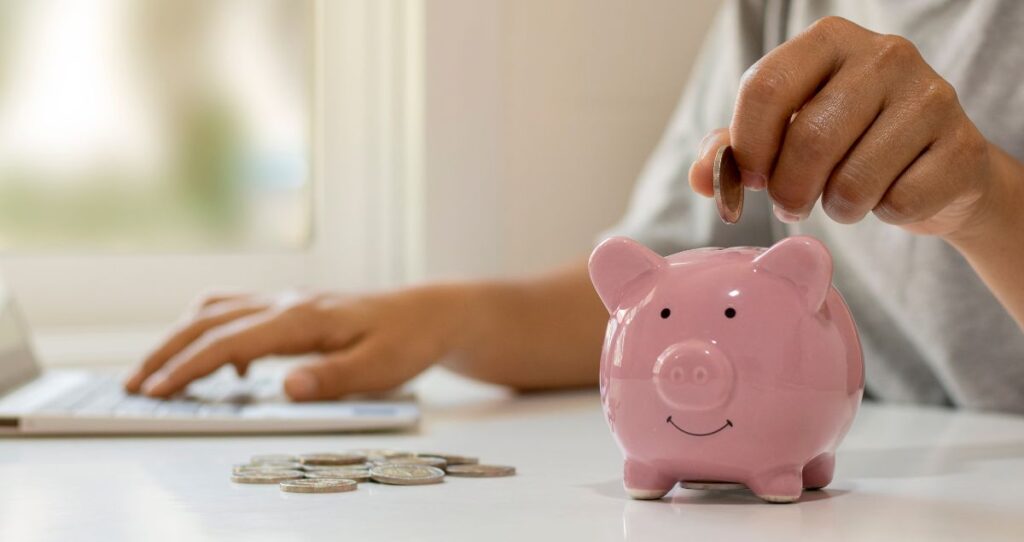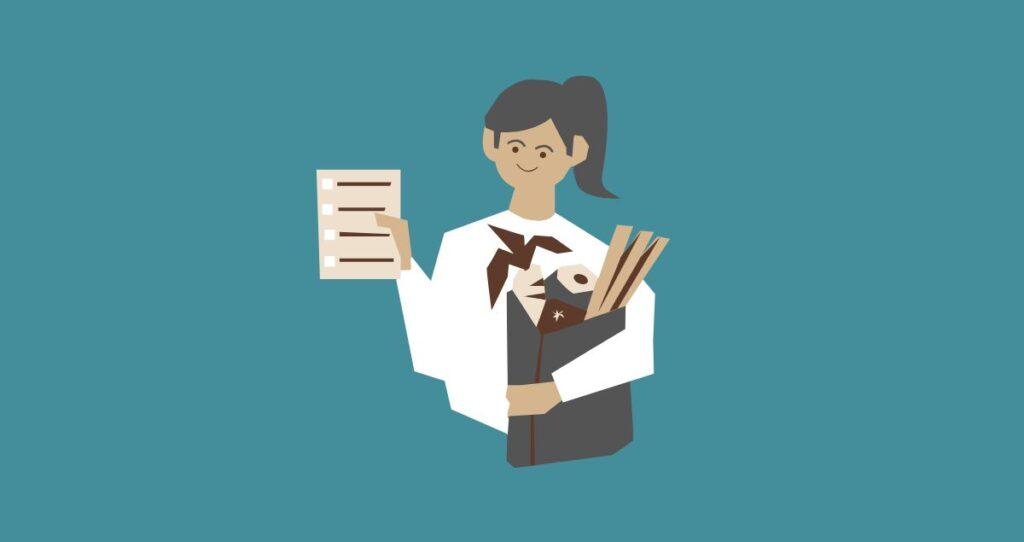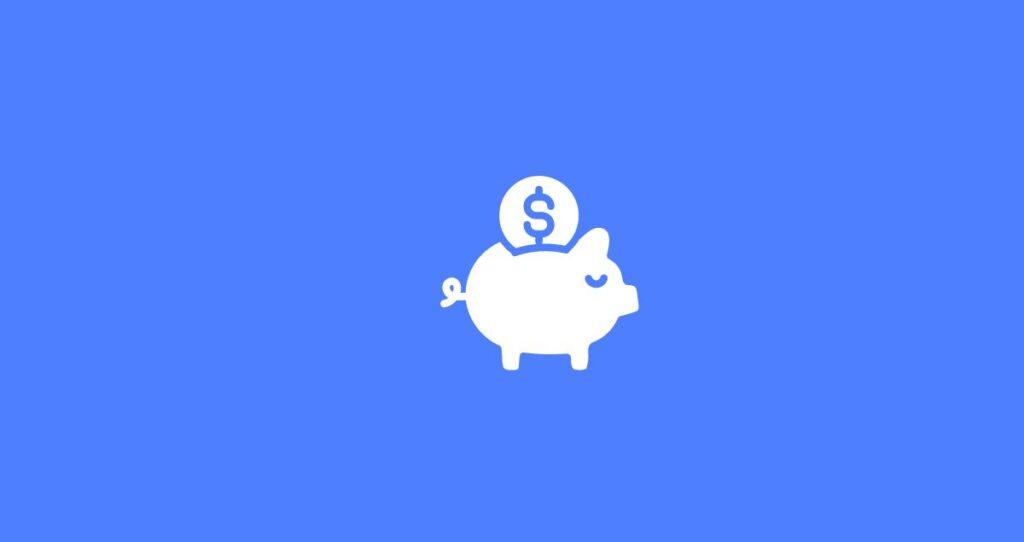Emergencies can happen to anyone at any time, and they are unpredictable. When they occur, your life can be upside down if you are unprepared. One great way to prepare for emergencies is to save for an emergency fund. This fund should help you cope with financially threatening events such as the loss of a job, an expensive medical bill, or a quick car repair.
Typically, you need to save between 3 to six months of expenses in an emergency fund. The money in your fund should only be used when you are in an emergency. Keeping your emergency funds in accounts that allow you easy access to the funds, such as a high-yield savings account, is a great way to save for emergencies.
In this article, I will discuss four tips for saving for emergencies and how much you should save in your emergency savings account.
What is an emergency fund?
An emergency fund is budgeted money you put aside and save explicitly for unexpected expenses you might incur in the future. If you lose your job, for example, your emergency fund will help you pay off all your bills until you land another job.
The emergency fund should be included in your budgeting practices. The money in the fund should not be touched or used unless you are in an emergency.
How much should you save for your emergency fund?
When it comes to emergency funds, their sizes differ from one person or family to another due to different incomes, lifestyles, and health. For this reason, your emergency fund should be calculated based on your monthly expenses. The formula to calculate how much you should save is the same.
According to Wells Fargo, you should save at least 3 to 6 months of your expenses. I recommend saving at least six months’ expenses for your emergency fund. The idea is that if you have a serious emergency, you will be at least covered for six months.
Let’s assume a life-threatening scenario. Let’s say you are driving your beautiful car and suddenly get into an accident. So, you went to the hospital and stayed there for 3 months. Your boss looked at the timeline and decided not to keep you on the payroll. So, you get fired.
What just happened is that you lost your job, you did not work while in the hospital, and you got a hefty medical bill. So, how are you going to move forward from this life event? This is why having an emergency fund for at least 6 months of your expenses is very important.
If your monthly total expense is $3,000, you should save between $9,000 and $18,000. The closer you get to $18,000, the better.
Now that you know what an emergency fund is, it is time to answer the main question.
How can you save for an emergency fund fast?
This article was written to give you tips for saving for an emergency fund.
Without further ado, let’s get started.
1. Save for emergency fund by eliminating your wants, such as unnecessary expenses
When it comes to an emergency fund, you need to build it as soon as possible. If you wait for your next paycheck, it might not come soon enough. What if you get into a car accident tomorrow, and your paycheck is next week? Anything can happen between now and your paycheck.
That is why you are wrong if you say: I will start saving for an emergency fund when I get my next paycheck. The time to start saving for your emergency fund is now.
The question is, where do you start if you cannot wait for your next paycheck? The answer to this question is simple. Start with the money you made already.
How do you do this?
The trick is to eliminate your wants.
The following is a list of common wants to start with
- I want a large TV
- Buying cute clothes and shiny shoes
- buying expensive electronics
- Adding to your subscription so that you can watch a movie that just came out
- Paying more on Netflix, Hulu, Disney, Amazon, HBO, etc
- Buying brand-name products
- Buying movies, music, games, etc
- Traveling before you make money
- Spending extravagantly on your credit cards
- Buying a bigger house, new car, new everything, etc.
The list of wants can go on and on. You need to make a list of all your wants and get rid of them. Do not buy another want until you have built an emergency fund.
Now that you have decided to eliminate all your wants. How do you know if something is a want? The answer will come from your budget. Your budget should list things you buy, such as how often, how much they cost, etc.
After itemizing everything in your budget, answer the following questions on each item.
Can you be Okay without it for a month, two, or forever? What I mean is, can you live without it? Will you stay the same if you choose not to buy it?
If the answer to these questions is yes, it is a want. So, go ahead and delete it from the list of things you are planning to buy.
You can live without your Netflix subscription. You can survive without buying a brand-new car. Why? It’s because a used car can still take you to your job. And you can still watch all your favorite shows by renting CDs and DVDs from your local library. If they don’t have what you want, you don’t need to watch it.
At this point, you have saved money by eliminating your wants. This is the first money you will put into your emergency fund. You don’t have to wait for your next paycheck to start saving. If your life cannot wait, so is the emergency fund.
related: How to make a budget: Step-by-Step
By now, the money you have saved is not enough
The money you saved is insufficient to cover your six-month emergency fund. You have probably saved $1,000 or more, but this is not enough. Where are you going to get the rest of the money? That is why we are going to look into other options.
Keep what you have saved in the emergency fund and then move to the next phase of saving money for it. The next option will be a little tricky—much trickier than the first one we looked into.
2. Spend less money on your needs
Now that we have eliminated your wants, it is time to reduce your food expenses and save money on your needs. You are probably saying, “Do you want me to cut down on my food and starve myself to death?” The answer is yes and no. I want you to reduce your food expenses without starving yourself.
When cutting down on your needs, I am not just talking about your food. There is so much more that we can look into. For example, you probably need subscriptions to stay healthy. However, if your doctor does not recommend a specific type, you should buy the cheapest ones. You can still be healthy and pay less money! More importantly, you can still look cool and pay less money at the same time.
So, what is missing?
The trick is on what you buy and how much you spend on it.
I am telling you to reduce your needs. I am not telling you to stop wearing clothes to save money. What I am saying is to buy cheap clothes. Now, let’s see how you can reduce your needs to build your emergency fund.
The following are your needs and how you can save money on them.
- Food: Cutting down your grocery bill has nothing to do with starvation. Instead, spend less money on the food you buy. These tips can help. Do not buy brand-name products or the most expensive food. Use a shopping list to avoid impulse shopping. Do not eat in restaurants. Learn how to cook instead. Do not buy water or soft drinks. Avoid pre-cut and prepackaged food. Leave your kids at home when shopping. You don’t want them to ask for stuff that is not on your list, by generic medications.
- Living expenses: I still want you in a house, not on the streets. But I want you to do it cheaply. These tips can help. If you are renting, move into a very cheap house, even if you have to move to the suburbs. Do not spend too much water or electricity. Unplug your electronics when they are not being used. Open your windows instead of running the AC 24-7. Enroll in utility-saving programs. Use energy-saving light bulbs and other appliances, etc.
- Transportation: Get rid of your cars and use public transportation or buy a bike. If you have to have a car, get the cheapest insurance in the industry by being a good driver, shopping around for cheaper premiums, etc. Also, Do not buy a brand-new car. A used car can still take you to your job. Do not drive around aimlessly with cheap gas. Your car does not need the most expensive gas. So, stop treating it like it is your child, and it is going to die if you don’t feed it well. Your car is a piece of metal.
- Entertainment: Most of us feel like we need entertainment to survive. This could be true or false, depending on who you ask. Assuming you need entertainment to survive, the following tips can help you stay on budget and pay less. Do not have a subscription for every streaming service available on the web. Some people have Hulu, Netflix, Amazon Prime, HBO, Spotify, Pandora, IoS, etc. On top of this, they still buy movies and music online. Why do you need all this stuff? Choose one and stick to it. Check with your local library if it does not have what you want. It is possible that you can rent it for free. If it is not available, you don’t need to watch it. Period. Avoid movie nights every Friday. No bars, nightclubs, parties, etc. Again, it is your emergency fund you need to save for, and it comes first before all this stuff.
The money you saved on this step will help you build your emergency fund.
Now, I want you to look into your emergency fund and see how much you have. How much have you saved, and how much do you have left? Remember, you need at least three months’ worth of expenses. I recommend six months. Even if you lose your job, you can still survive for six months without having an eviction, a foreclosure on your house, or a loss of your car. You can still put food on the table.
How much do you need to save your 6 months of expenses? Is it a lot? Well, there are still more options to consider.
The next tips will help you cover the remaining amount easily. Let’s keep going.
- 45 Ways to save money on groceries
- Frugal Living: 19 tips that will save you money
- 44 things you must stop buying to save money
3. Get a second job
The money you saved from cutting down your expenses is insufficient to build an emergency fund. Whatever is left cannot be ignored. You still need to save money for an emergency fund, no matter the cost or struggle you have to go through. Your life and loved ones cannot wait.
If you want it badly, you’ll have to pay the price. Speaking of the price, the next step is to get a second job.
I know you don’t want to hear about this. But guess what, you have got to do it. You still need money to complete your emergency fund. So, how are you gonna do it without a second job? If you can get extra money without a second job, do it. But, if you don’t, a second job is an option.
Consider getting a part-time job to reduce stress related to working too much. You just need to make that six months of expenses. Many companies are looking for motivated people to work part-time. Find something that lets you work but also gives you less stress.
A great way to approach this is to look into your expertise. Find a job that lets you leverage your knowledge and get paid with little to no work. For example, if you are a web designer for a big company, find a small company that needs similar services and work as a part-timer. The little company will not be too demanding, and since you have a lot of knowledge in that area, your work will be less stressful.
Another great way people approach the second job is to look for something completely different from their main jobs. For example, if you are a manager in a fast-paced environment, you don’t want a similar part-time job. Your stress level will be up every day and all the time. You need a break from your main job. In this case, I would recommend something that relaxes you. Being a workout coach, dance coach, motivator, meditation instructor, etc., can be great.
Whatever you choose to do, ensure it does not interfere with or jeopardize your main job. You need your main job to survive in the long run. Your part-time job is there only for the emergency fund—nothing more—unless you end up falling in love with your little job, which happens sometimes.
- 9 ways to increase your income
- 10 side hustles for introverts
- 13 Side hustles for college students: Make money in college
- 10 side hustles to start with no money
- 39 Hobbies that make money: Hobby to side hustle
4. Save for emergency fund by automating the money to your fund
Last but not least, you need to automate your savings. There are countless times when people say: I am going to save half of my paycheck and end up spending the whole paycheck in the same week they received it.
Automation comes into play for people serious about building their emergency funds. How can you make this work?
Just decide how much you can afford to put into your emergency fund automatically straight from your job and have it sent there. The money will go into the emergency fund before you touch it. That is how you fight temptations. Automation is a great way to stay on the right path.
There you have it. This plan can work for anyone regardless of age, salary, lifestyle, etc. Keep on saving.

